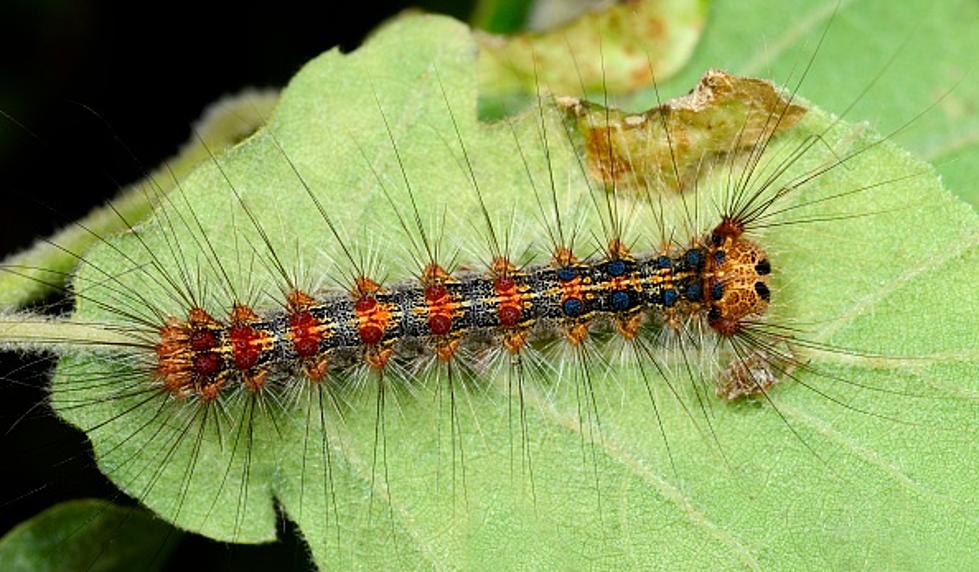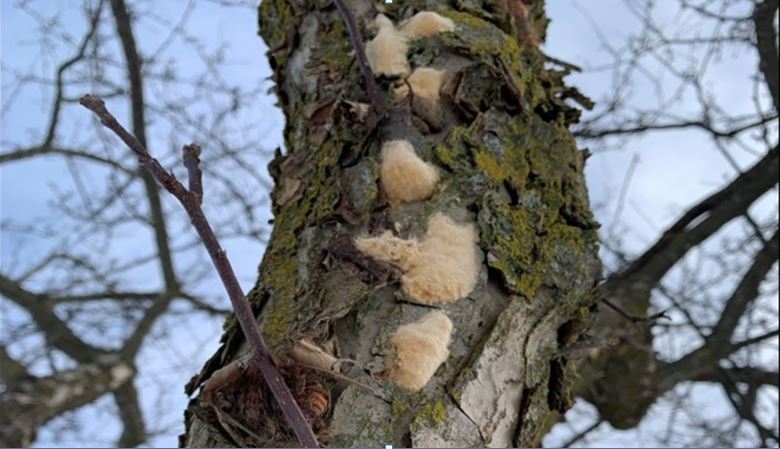The Forest Sustainability Program is millage funded and provides for the identification, suppression, public education, and monitoring of the Spongy Moth and other non-native invasive species that cause economic damage and reduce the quality of life in Bay County.
2025 treatment for Emerald Ash Borer will happen June 16th to June 30th, 2025. For more information about the treatment, or upcoming future treatments, please check this LINK.
2025 Bay County Spring Aerial Treatment to Control Spongy Moth
No Treatment This Spring
Last fall during monitoring season, the Forest Sustainability Program thoroughly checked all areas in Bay County and could not find any areas where Spongy Moth populations had reached elevated levels. Due to multiple years of successful treatments and monitoring during an outbreak, spongy moth populations are decreased going into 2025. The Forest Sustainability Program will remain diligent and continue to monitor population trends this fall.
Program Update - Certified Arborists
As of April 2025, the Forest Sustainability Program staff have officially become certified arborists through the International Society of Arborists. This certification demonstrates our dedication for tree health management and safe practices. Through this process, we've gained a deeper understanding of tree biology, pruning, diseases, and soil health. It also connects us with a broader network of arborists, allowing us to continue our education and knowledge moving forward. With these certifications, we hope to expand our services and assist landowners who have questions about their tree's health. Please contact us if you are witnessing stressed trees on your property and would like us to make an assessment to analyze the underlying health conditions of your trees.
What is a Spongy Moth?
 | Introduced into the United States from Europe in 1869,the Spongy Moth, formerly known as the Gypsy Moth, is an invasive non-native insect with larvae that feed on many North American trees and plants. Spongy Moth caterpillars prefer oaks and aspen, but are known to feast on more than 300 species of tree and shrubs. The caterpillars have insatiable appetites and can defoliate trees causing them to be vulnerable to diseases and other pests which can eventually kill the tree. Since their introduction into the United States, the Spongy Moth has spread throughout the eastern seaboard, south into Georgia and west into Wisconsin and Missouri. The Forest Sustainability Staff work to monitor and treat for this damaging invasive pest in order to protect our valuable trees throughout Bay County. |
Fall and Winter Spongy Moth Egg Mass Monitoring (September to January)
| 
| The Forest Sustainability Program will perform their routine egg mass monitoring in the fall and winter months of 2025. This monitoring will help determine the areas that may require spring treatment in 2026. Spongy Moth male trap monitoring done throughout this past summer have shown that there are a few areas in Bay County where Spongy Moth populations are still active. For our last treatment, check out our detailed 2024 Treatment Map which shows areas where higher numbers of Spongy Moth egg masses were found during the last fall monitoring. Areas with more than 300 egg masses per acre were scheduled for treatment in spring of 2024 where allowed. |
